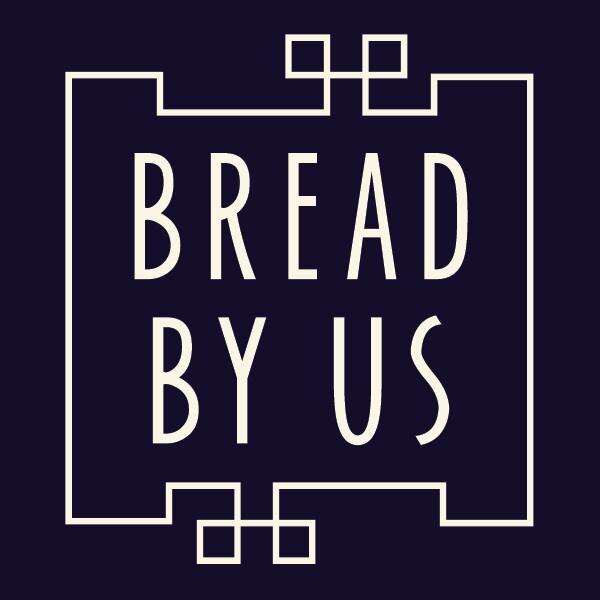January 2025: Reflections on Craft
I have been thinking a lot lately about craft.
There is very little in life that brings me more pleasure than engaging with my craft–the craft of baking–and sharing it with the people around me. That gradual acquisition of knowledge and skill, the tinkering, the experimenting, the sharing & collaborating, the way we see ourselves change and shift as the connection to our craft deepens. I am enamoured by the process.
One thing that the craft of baking demands from us is to be bolder than we are used to. To be a baker means moving your body, your tools, and your product with assertiveness. Imagine something as basic as taking a cake out of its pan. You can invert it slowly and timidly, or you can do it right–pop a plate on top of it and flip it upside down in one swift motion.
When I was in baking school, I had a very difficult time laminating croissants. Lamination, in case you are unfamiliar with the process, is a series of steps in which butter is folded and layered into dough. There are so many ways this can go wrong. The most common pitfalls to laminating typically centre around the butter block being either too cold or too warm. If the butter is too cold, it will break into a million pieces the moment you begin rolling it out. If the butter is too warm, it will melt into the dough, so instead of ending up with distinct flakey layers of pastry, you will have made accidental brioche.
When I was learning to laminate, I had the tendency to start laminating when the butter was too cold. On one of those occasions, a very kind but matter-of-fact chef came into our class to talk some sense into us. I wasn’t the only one struggling with this skill. In a loud and boisterous tone, he told us “When your butter breaks apart, you don’t stop. You don’t put your dough back in the fridge. You just. Keep. Going. You go faster.”
This was some of the most counter-intuitive pieces of advice I’d ever received. But ultimately he was right. It was one piece of advice in a string of similar advice from different mentors. Go faster. Go quicker. Move with more confidence. What they were really saying underneath it all, I think, is this:
baking is a physical process more than it is a cognitive one. In becoming a baker, you must learn to lead with your hands, not your brain—they were right.
12 years later, I am a confident croissant maker. It’s now my job to pass on the skills and knowledge I’ve acquired to the bakers who join our team. Each step of the process, from mixing to fermenting, to laminating, shaping, and baking is felt just as much as it is understood. When I am mentoring bakers on how to engage with croissant making, I am trying to help them develop an intuition around the steps and a way of engaging with it through their senses. This, to me, is the difference between training workers versus mentoring craftspeople. This distinction might seem subtle, but to me it’s the difference between cultivating a business and cultivating a community of bakers who take great pride in their labour. I am trying my best to do the latter.
I know so many of you enjoy our pastry menu already, but I wanted to share a bit of the back-story about what it all means to me. It is rare and special for bakeries (even small independent ones like us) to make croissants from scratch, starting with nothing but raw ingredients. Our croissants tell the story of the evolution of our business better than perhaps any product line on our menu. No other products trace our progress and our dedication to craft more than they do.
I would love to share this source of pride with more people. One way we’d like to do that is by introducing you to our catering menu and making it more widely available. You can now browse our catering menu online, which includes all of our laminated croissant pastry as well as other treats and some savoury items. Our hope in sharing this is that more folks will think of us when they are planning parties and gatherings.
From our careful selection of ingredients to the slow and meticulously calculated process, our pastries reflect the deep sense of pride we have in what we create and share with the world. It may be a small thing–to bite into one of our pastries and knock it back with a cup of coffee, but we take great pleasure in knowing that we get to be a part of your daily rituals. Thank you for coming back to us over and over again. We hope you’ll think of us next time you are planning a gathering.
With love,
Jess Carpinone

